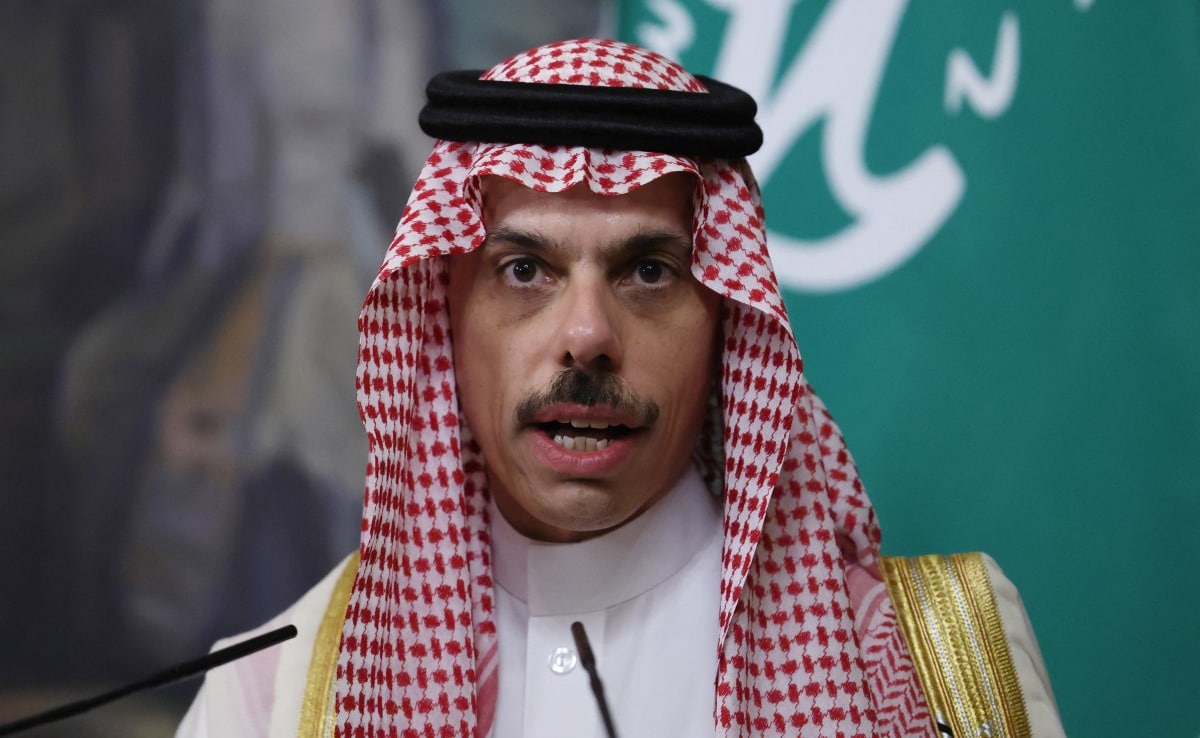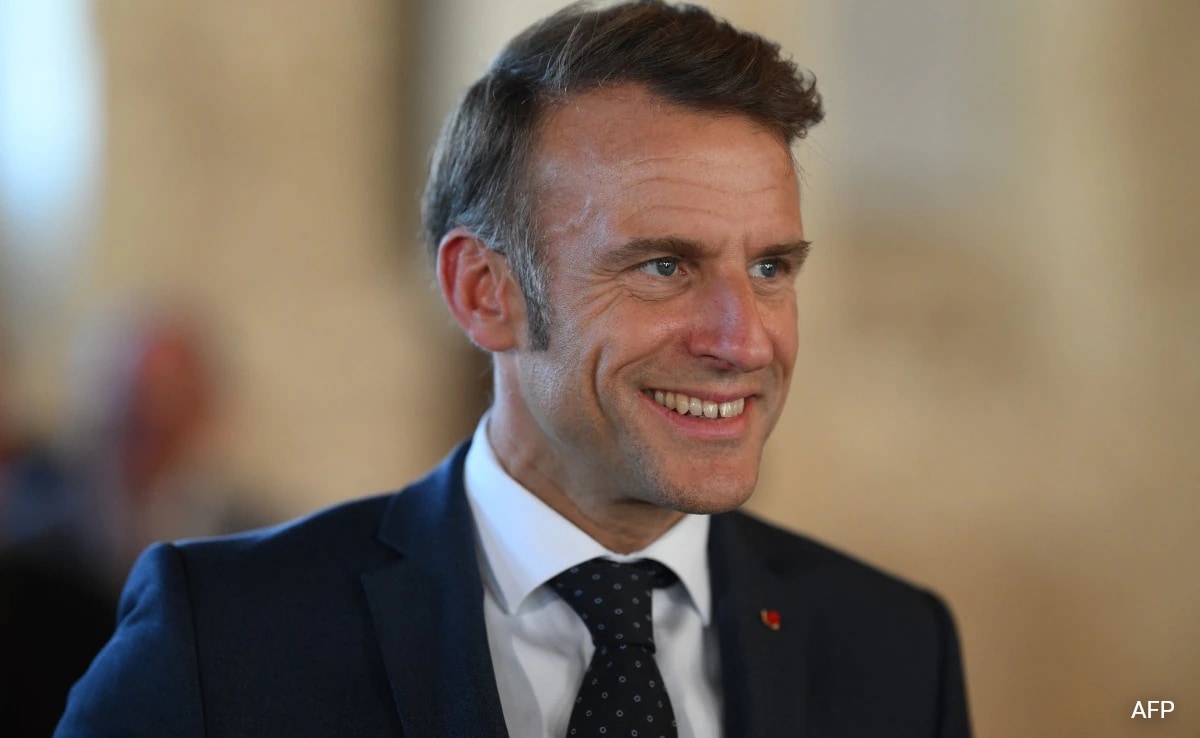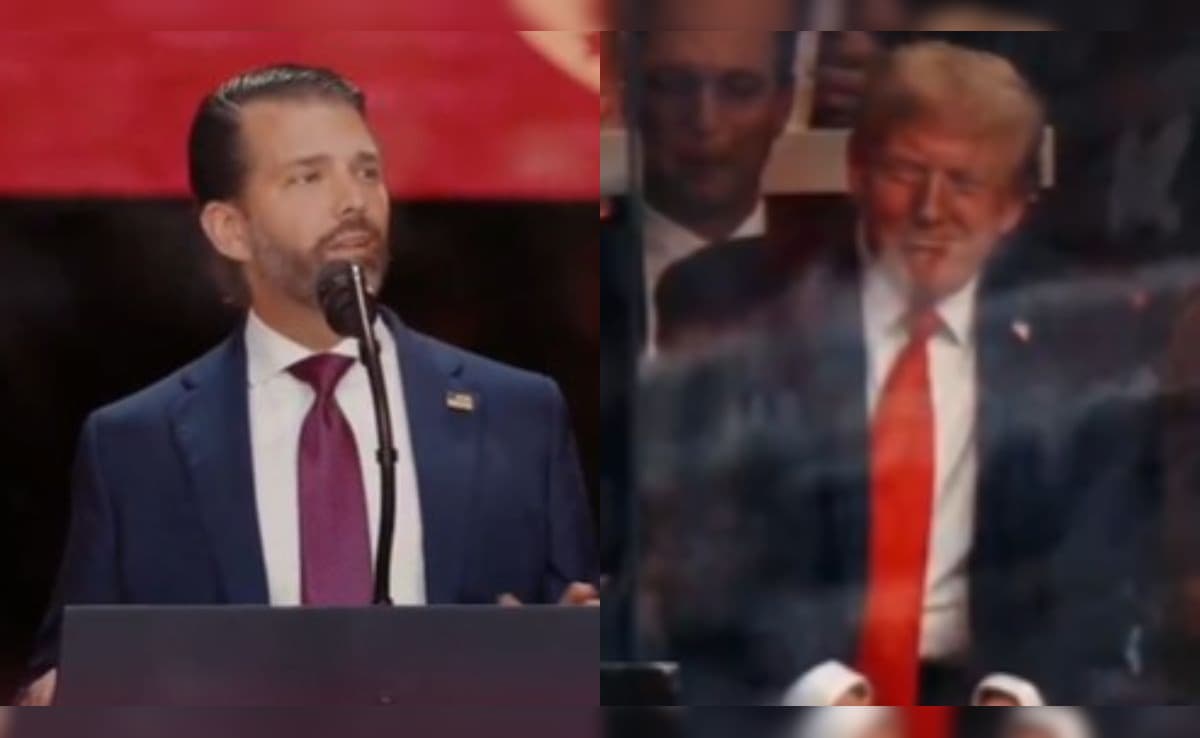The Biden administration, along with the G-7 and the European Union, also unveiled Thursday a new set of sanctions targeting more than 400 individuals and entities, including the Duma, or legislature, and its members; additional members of the Russian power elite; and state-owned defense companies. The economic measures, some of which the E.U. had already taken, are the latest in a far-reaching sanctions package the West has unleashed on Moscow as punishment for the ongoing invasion of Ukraine.
And in addition to welcoming about 100,000 new refugees, the Biden administration announced Thursday that the United States would provide more than $1 billion in humanitarian assistance for those affected by Russia’s war with Ukraine, as well as more than $11 billion over the next five years to mitigate food security threats stemming from the crisis.
The announcements by the United States and its allies were intended to showcase the unity of the world’s democracies as they press Moscow to curtail its war against Ukraine. Many leaders framed the crisis as a test of whether the norms of the post-Cold War world would survive.
President Biden’s trip to Europe — he heads to Poland Friday — comes as NATO is grappling with internal fissures on how to best prevent further Kremlin escalation amid growing concerns that Putin may be preparing to deploy chemical weapons in Ukraine. Economic sanctions and military aid to Ukraine have failed to stop Putin’s offensive, but the Russian incursion has bogged down, leaving an unpredictable and potentially volatile situation.
Biden’s packed schedule Thursday includes meetings with NATO, the G-7 major economies and the European Union, where he will officially unveil the new measures against Russia, including new sanctions and the tightening of existing ones.
The new economic penalties cover 328 Duma members and the Duma as an entity; Herman Gref, the head of Russia’s Sberbank and a Putin adviser since the 1990s; and Russian power broker Gennady Timchenko, his companies and his family members. The sanctions will also target 17 board members of the Russian financial institution Sovcombank and 48 state-owned defense enterprises.
The Western allies also announced a new initiative focused on cracking down on sanctions evasions, providing for countries to share information and prevent “backfilling,” where some countries may help Russia make up shortfalls caused by the sanctions.
Further action is expected Friday when Biden meets with European Commission President Ursula von der Leyen to announce a significant initiative to direct shipments of liquefied natural gas to Europe, part of a broader effort to help reduce Europe’s dependence on Russian energy.
The United States has banned imports of oil, natural gas and coal from Russia. The E.U., which is vastly more dependent on Russian energy, has vowed to cut gas imports by two-thirds by the end of the year, but the bloc faces pressure to do more. However, calls for an outright ban on Russian energy, or just on Russian oil, have so far divided the 27-member E.U.
Following a “family photo” Thursday morning — a diplomatic nicety in which the NATO leaders gathered for an official picture — NATO Secretary General Jens Stoltenberg opened the extraordinary NATO summit by condemning Russia’s “unprovoked aggression” against Ukraine and reaffirming the alliance’s support for Ukraine’s sovereignty.
“We are determined to continue to impose costs on Russia to bring about the end of this brutal war,” Stoltenberg said.
He said the allies would discuss efforts to continue supporting Ukraine and strengthening NATO’s defenses. “We pay tribute to the great courage of the Ukrainian people and the Ukrainian armed forces fighting for their freedom and their rights,” he said. “We also recognize those in Russia who are bravely speaking out against the war. We hear their voices. They matter.”
And at a midday news conference Thursday, Stoltenberg said that one month of war had fundamentally changed the alliance’s security environment “for the long haul.”
NATO leaders also announced Thursday that they had agreed to extend Stoltenberg’s term as the alliance’s leader by a year so he can help steer NATO through the protracted confrontation with Russia. Stoltenberg, whose mandate was set to expire this September, had previously said he was leaving then to lead Norway’s central bank, but will now stay on until September 2023.
Stoltenberg warned a day earlier that NATO would view any use of chemical weapons by Russia as an escalation but was vague on the specific repercussions of such a move. “Any use of chemical weapons would totally change the nature of the conflict and have far-reaching consequences,” he said.
And although the G-7 statement explicitly mentions the nations’ concerns about the threat of biological and nuclear weapons, the leaders did not detail how they would respond should Putin escalate his military response.
“We recall Russia’s obligations under the international treaties to which it is a signatory, and which protect us all,” the statement says. “In this regard, we categorically denounce Russia’s malicious and completely unfounded disinformation campaign against Ukraine, a state in full compliance with international non-proliferation agreements.”
We recall Russia’s obligations under the international treaties to which it is a signatory, and which protect us all.
Ukrainian President Volodymyr Zelensky also addressed the NATO leaders via videoconference Thursday, repeating his request for continued Western security assistance, according to a senior U.S. administration official who requested anonymity to share details of a private meeting. Notably, Zelensky did not make an explicit plea for a no-fly zone, which he has repeatedly asked Western allies to implement, nor did he press for NATO membership.
In a statement, Biden responded, “We will continue to support him and his government with significant, and increasing, amounts of security assistance to fight Russian aggression and uphold their right to self-defense.”
Biden delivered remarks after Zelensky, laying out Washington’s three-pronged approach to addressing the crisis. He discussed the economic costs the United States has imposed on Russia through sanctions, the country’s support for Ukraine through military and humanitarian assistance, and the United States’ commitment to NATO — particularly the alliance’s eastern flank.
“There was a very strong sense that we are facing a significant historical moment and very strong support from all of the leaders who spoke about the need to defend our democracy, the need to defend our shared values and a strong sense that NATO was appropriately poised to be able to do that,” the senior U.S. administration official said.
The official added: “The mood overall has been sober. It’s been resolute, and it’s been incredibly united.”
Arriving at NATO’s glass-and-steel headquarters Thursday, European leaders described a continent — and an alliance — transformed by Russia’s invasion of Ukraine.
For years, the Baltic nations and some countries in Eastern Europe have warned about Russia, while major economies in Western Europe have sought to cooperate with Putin’s regime. Those who long called for a more assertive approach are now saying that Russia’s full-scale invasion of Ukraine proves their argument.
“Nobody can feel safe now,” Lithuanian President Gitanas Nauseda said Thursday. “Even those countries who are distant from Russia cannot feel safe.”
But there’s still debate over how to prevent the conflict from escalating further and specifically over how to communicate what would constitute red lines for NATO and the consequences for Russia if they are crossed.
NATO has so far focused on what it won’t do, such as implement a “no-fly zone” over Ukraine. But it has been less specific about what Russian actions might trigger an escalated NATO response, short of invading a member of the alliance.
Some countries have expressed frustration at the Biden administration’s declarations of steps it will not take to defend Ukraine, worrying that such public statements simply serve to embolden Putin. Biden and his team, for instance, have repeatedly said they want to avoid anything that would escalate the situation with Russia because they do not want “World War III.”
Ahead of Thursday’s summit, NATO heads of state and government largely stuck to that approach, saying little about red lines.
Asked about the issue, British Prime Minister Boris Johnson said that Putin “has already crossed the red line into barbarism.” It is now up to NATO, Johnson said, to consider “what more we can do to help the people of Ukraine protect themselves.”
Since Putin launched his full-scale assault in February, the 30-member NATO alliance has reinforced its eastern flank, with about 40,000 troops now under direct NATO command, mostly in the eastern part of the alliance.
At a news conference Wednesday, Stoltenberg said NATO leaders will probably decide to do more. “I expect leaders will agree to strengthen NATO’s posture in all domains,” Stoltenberg said, “with major increases to our forces in the eastern part of the alliance.”
The first step is the deployment of four new NATO battle groups in Bulgaria, Hungary, Romania and Slovakia. In a statement Thursday, Biden said the NATO leaders agreed to bolster their collective defense, singling out those four battle groups in particular.
“Between now and the NATO summit in June, we will develop plans for additional forces and capabilities to strengthen NATO’s defenses,” Biden said in the statement. “We will adopt an updated Strategic Concept to ensure NATO is ready to meet any challenge in the new and more dangerous security environment.”
The allies also agreed to help Ukraine protect itself against biological, chemical, radiological and other nuclear threats. “This could include detection, protection, and medical supplies, as well as training for decontamination and crisis management,” Stoltenberg said Thursday.
Stoltenberg and other leaders have signaled that longer-term changes to NATO’s posture are possible, even likely, in the months ahead.
In a call last week, Biden warned China’s leader, Xi Jinping, against helping Russia. And in a joint statement Thursday, NATO leaders called on China to condemn Russia and warned the country against offering additional support for Putin’s war.
As Biden lined up for the NATO “family photo” before the meetings in Brussels officially got underway, the U.S. president shook hands with and briefly spoke to British Prime Minister Boris Johnson, Turkish President President Recep Tayyip Erdogan, French President Emmanuel Macron and Estonian Prime Minister Kaja Kallas.
Then, as the leaders dispersed, Biden, Johnson and Macron huddled offstage before leaving together to attend the formal summit.
.png)











 English (United States) ·
English (United States) ·  Turkish (Turkey) ·
Turkish (Turkey) ·